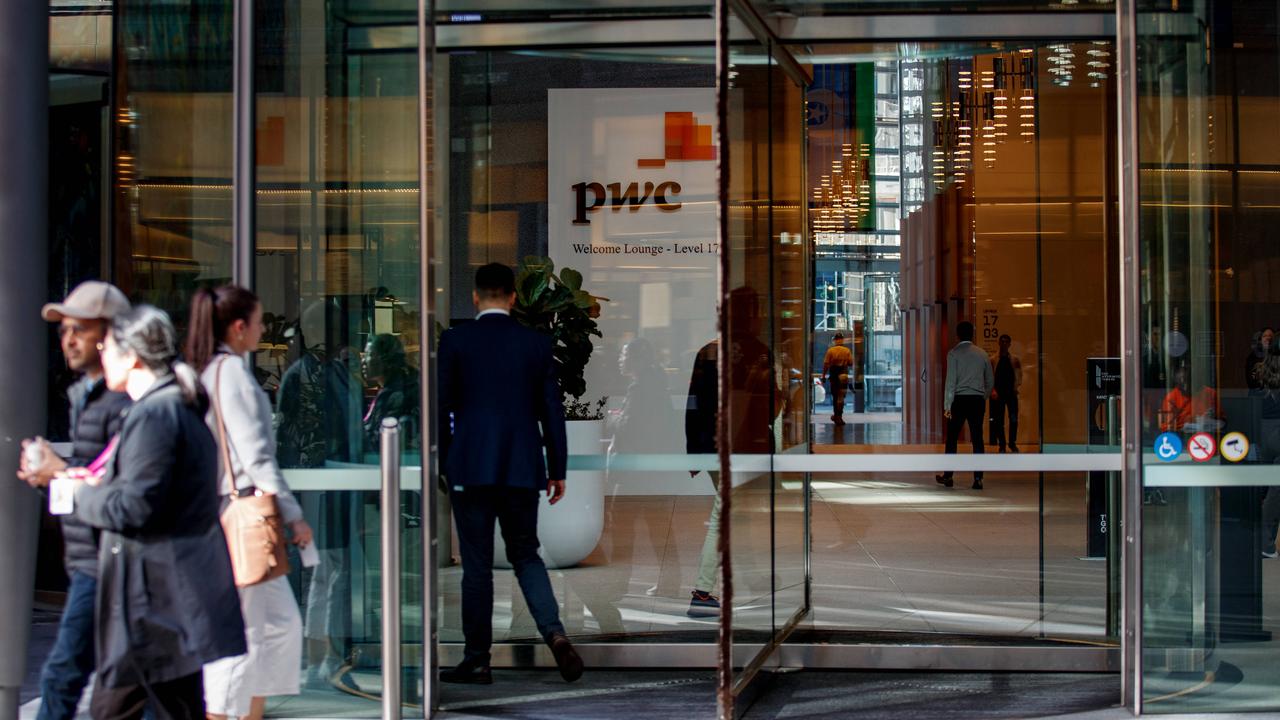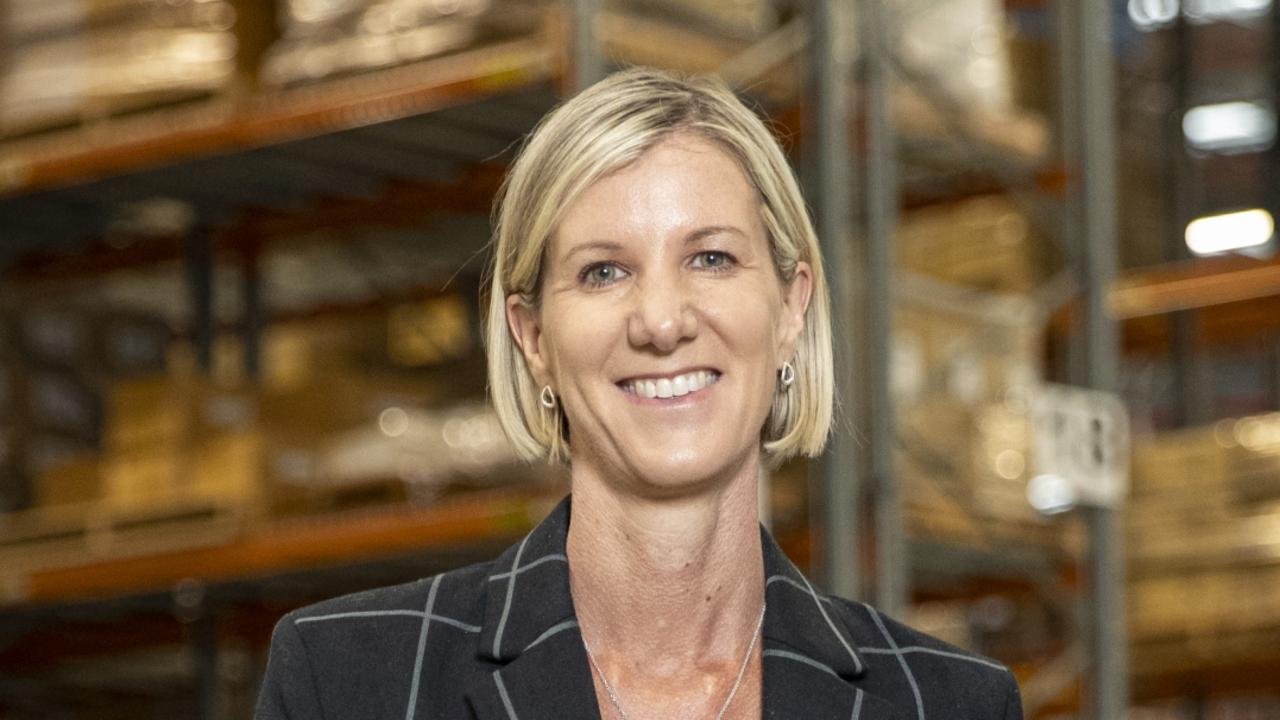Bitcoin blazes away with nobody watching out for local investors
As Bitcoin hits a new all time record, the regulation of cryptocurrency in our market is an accident waiting to happen.

Business
Don't miss out on the headlines from Business. Followed categories will be added to My News.
As Bitcoin hits a new all time record, the regulation of cryptocurrency in our market is an accident waiting to happen.
There is no financial advice regulation on cryptocurrency since it is not deemed legally to be a financial product.
Even though the Australian Taxation Office has been quick to make sure crypto activity is taxed and regulators have allowed Bitcoin and its cousins such as Ethereum to be held by self-managed super funds, it seems cryptocurrency has fallen through the cracks.
The issue is stressing regulators in many jurisdictions. In fact, though Bitcoin hit an all time high of $US61,000 ($79,000) at the weekend it has fallen by around 12 per cent over the last two days after reports the Modi government in India was planning to entirely ban cryptocurrency activities.
BTC Markets, a digital exchange “trusted by nearly 300,000 Australian clients”, reacted to the India move, saying: “We support more regulation as it is needed to construct the right safeguards: But banning is not an option to protect investor interests.”
As it stands an outright ban looks most unlikely in Australia. In fact the thriving world of cryptocurrency is operating with exceptional free rei: It does not even have an adviser licensing system — anyone can call themselves an adviser with little to worry about from official regulators.
Sydney-based lawyers Foulsham and Geddes have spelt out the absence of regulation in a recent note to clients, revealing that a person does not need Australian financial service (AFS) licence to provide advice in relation to digital currency.
Similarly they don’t need a licence to operate a digital currency trading platform, or to trade in digital currency, hold a digital currency on behalf of another person; or arrange for others to buy and sell digital currency,
It is, in other words, open season in the unprecedented, regularly lucrative and always speculative world of Bitcoin. The only areas that ASIC does look over are largely related to so-called ICOs — Initial Coin Offerings.
Almost exactly a year ago as the COVID crisis gripped the wider market, Bitcoin went into a free fall — having reached a peak in Christmas 2017 of almost $US20,000 it then fell as low as $US3800 on March 12. It is now up more than 1000 per cent putting rival examples in terms of market exuberance such as Tesla or Afterpay in the shade.
What’s more, it is now worth collectively over $US1 trillion which is a touch more than the total value of American Express, MasterCard and Visa combined.
At popular platforms used by Australian investors — such as crypto trading platform eToro — the promotion is clear: A new note from analyst Simon Peters says: “The case for holding Bitcoin has increased over the period with institutional investors now holding the crypto asset as they look to alternatives to fiat currencies — with big corporations also lending their support the future has never looked brighter for crypto assets.’
Whatever about the future of crypto assets: Peters’ observations on Bitcoin’s current endorsements from the big end of town are valid.
Institutional investors are entering the space and major institutions such as PayPal and Citi have openly supported Bitcoin while Tesla Inc. recently put US$1.5 billion into the largest cryptocurrency as well.
As Bloomberg reported this week: “There are signs of growing institutional interest in Bitcoin after famed investors like Paul Tudor Jones, Stan Druckenmiller and Howard Marks endorsed the digital asset, and as the idea that portfolios can benefit from a crypto allocation gains traction.”
Quoting data from Compound Capital Advisers, eToro says: “Bitcoin has produced an annualised return of 230 per cent on average, more than 10 times higher than the next best asset class.
“In comparison gold has made just 1.5 per cent per year since 2011 with five out of the past 11 years producing a loss for the asset, while the US bond market has delivered 3.3 per cent. Cash has returned an annual amount of just 0.5 per cent amid this era of record low rates.”
The consumer research group Canstar offers a useful guide to Bitcoin on its product comparison site that lists eToro along with a range of rivals such as Binance, BTC Markets and Independent Reserve. Canstar also says that ASIC has been an advocate for regulation in the area which is fine, though not quite the same thing as regulating it.
Originally published as Bitcoin blazes away with nobody watching out for local investors







